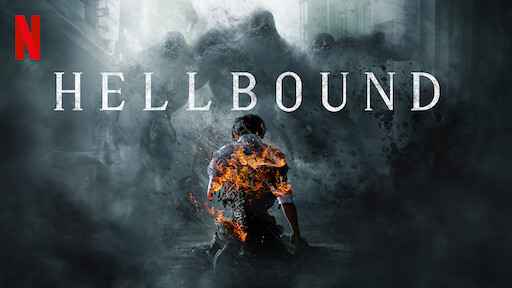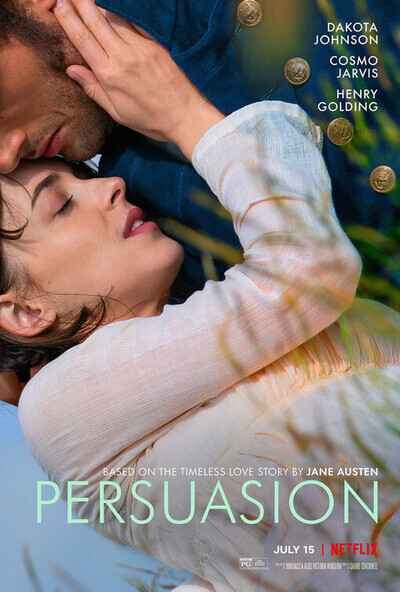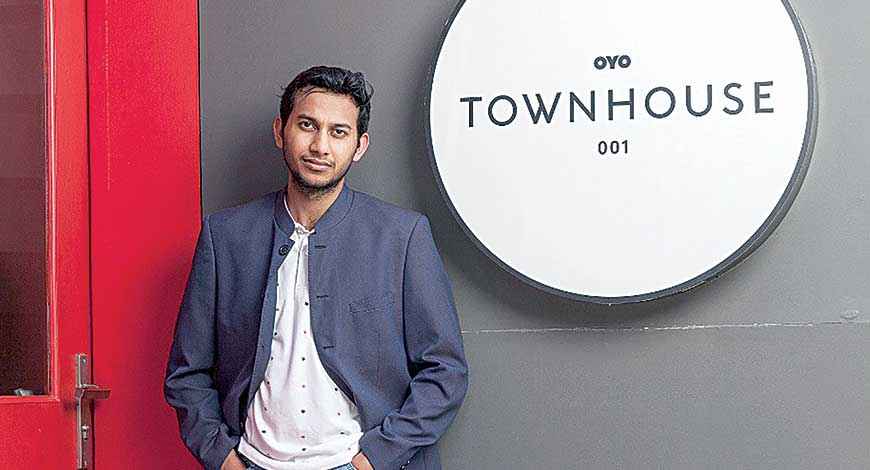Head of venerable press says his sector has important role in the defence of free speech and champions the revival of literary fiction and traditional books!
Faber & Faber’s chief executive has called for publishers to oppose crackdowns on free speech and the rise of so-called fake news. Stephen Page made his comments after the publisher of TS Eliot; Kazuo Ishiguro and Costa book of the year winner Sebastian Barry scooped the Frankfurt book fair independent trade publisher of the year award.
“Publishing has a part to play in this fight. We are about freedom of expression, making the public aware and [providing] education. These are things that matter very much now,†said Page.

He went on to say that the resurgence in literary fiction, and in print books that had been losing ground to digital formats, had helped the publishing house turn around after two tough years. “The digital world has seen off all sorts of other technologies in music, film and newspapers, but not books,†he said. “Instead it has gifted us a new format that has allowed us to reach other markets and more readers and also to use social media to spread the word.â€
Page said the accolade vindicated Faber’s decision to restructure after running at an operating loss in 2015.†“For the last two years, we have really worked hard to get back to the basics of what we’re all about, which is high-quality and literary publishing and also about being commercial,†he said.
Paper books had proved more resilient than other media to the challenges of digital, he said, because “shopping for books is not like buying a lightbulbâ€. He added that overcoming the threat of digital had been aided by high-street bookselling, which had revived in the last two years with a significant effect on sales of literary fiction. “Rumours of the death of literary fiction are always exaggerated. But to be a literary publisher three or four years ago in a market that was heading towards ebooks – which tended to favour genre – was very tough.â€
The publishing house has benefited from top listings in many of the literary prizes – as well as Barry’s overall Costa win, Faber debut novelist Francis Spufford scooped the first novel award. Prizes, however, did not necessarily translate into sales, the CEO said, and Faber had therefore engaged in alternative ways to market its authors. Ten thousand people had signed up to its members’ club, while its creative writing academy had grown in prestige thanks to premium advances for graduates including novelists SJ Watson (Before I Go To Sleep), Rachel Joyce (The Unlikely Pilgrimage of Harold Fry) and Laline Paull (The Bees).
None of the academy graduates has yet been published by Faber. Asked if this would change, Page said: “Would I have liked to have published some of these writers? Of course, but it’s a creative writing school not a pipeline.†He added that it would be cynical to use the courses to find authors to fill its lists.
Asked if it was cynical to use aspiring authors as an income strand, he replied: “I don’t understand that argument at all. Serious people choose to come on [the courses] and a lot of people have succeeded with it.â€






